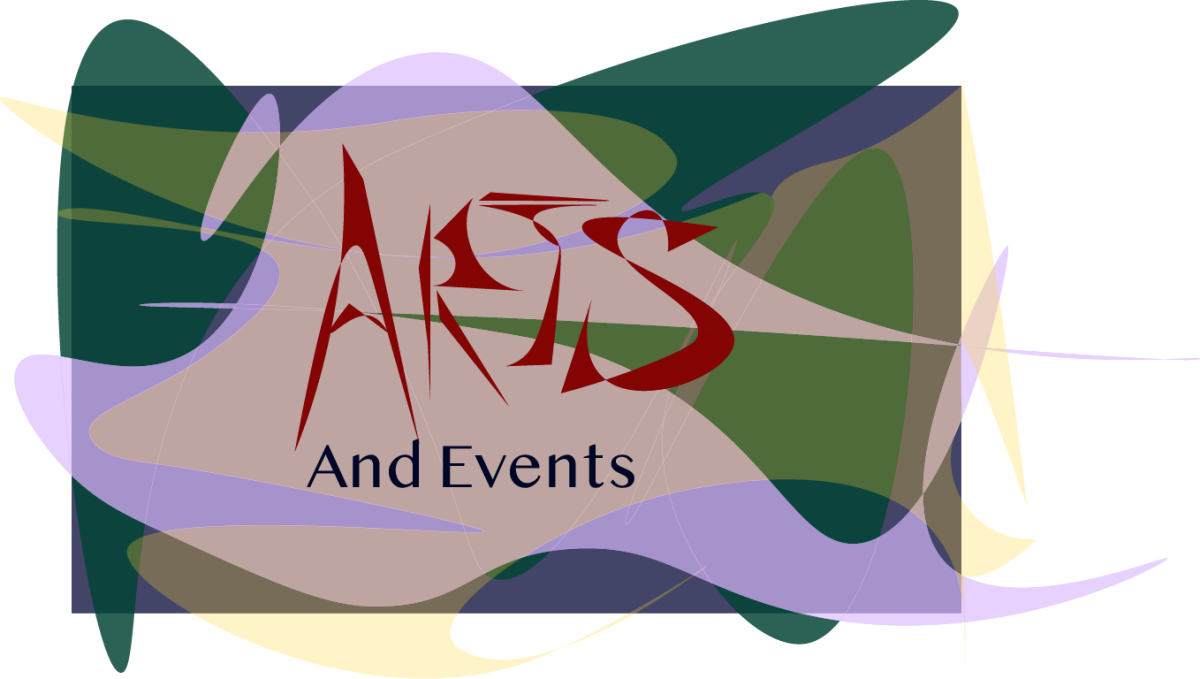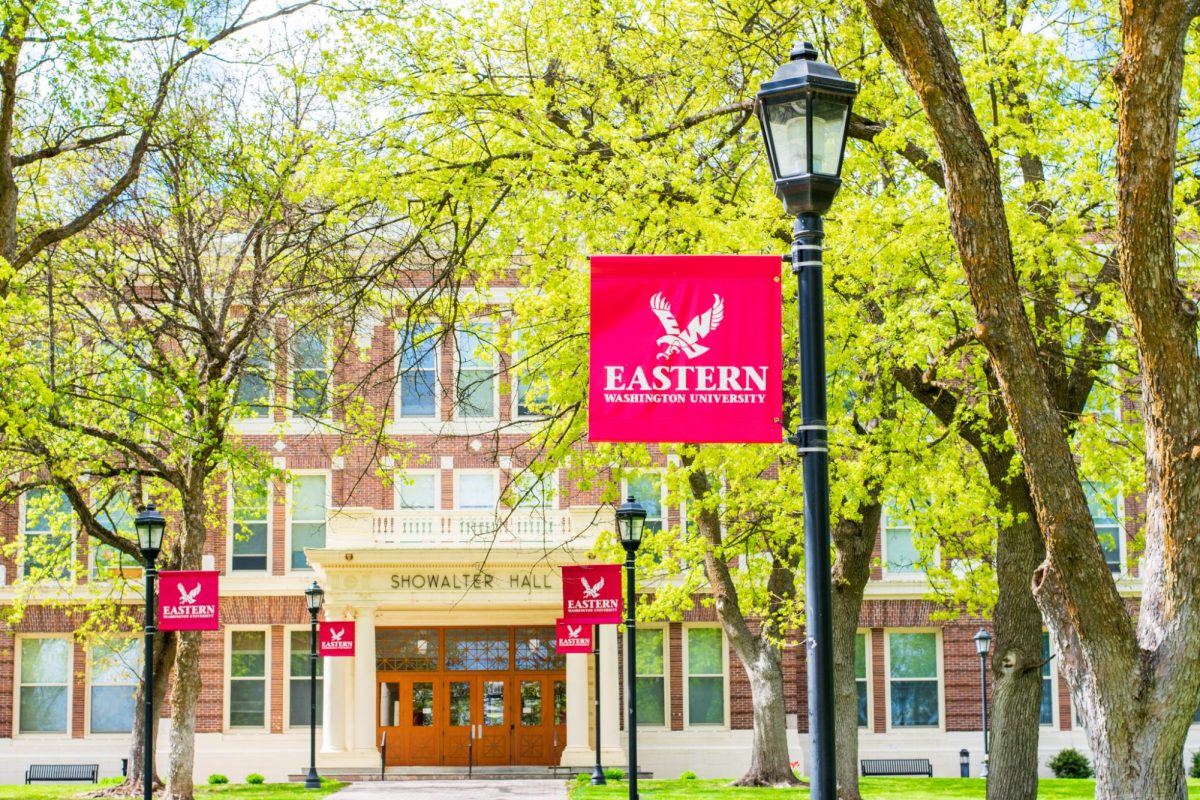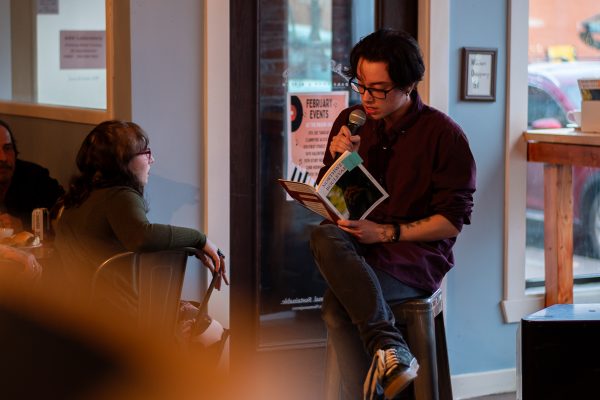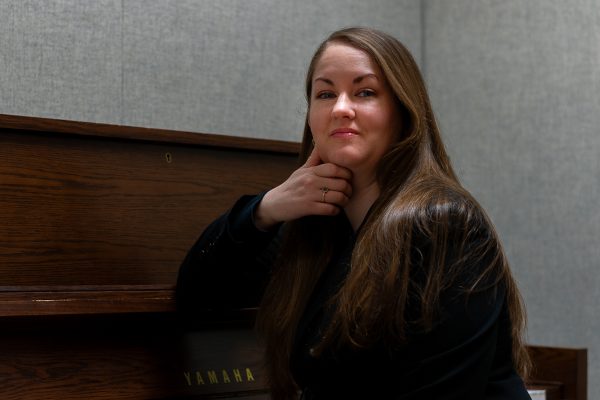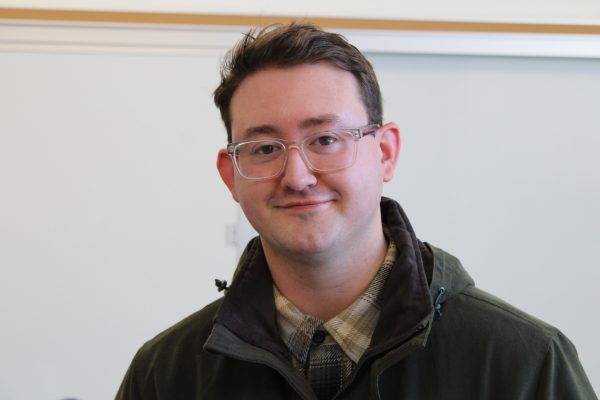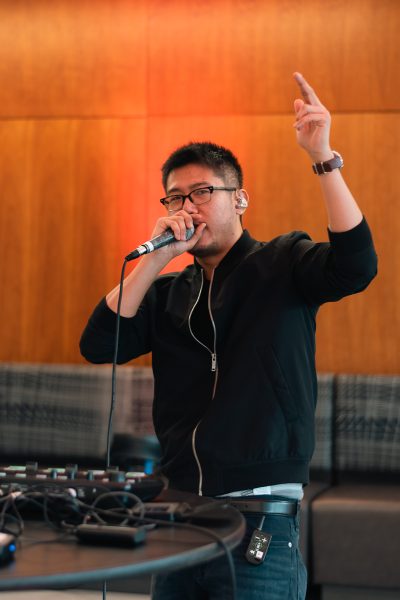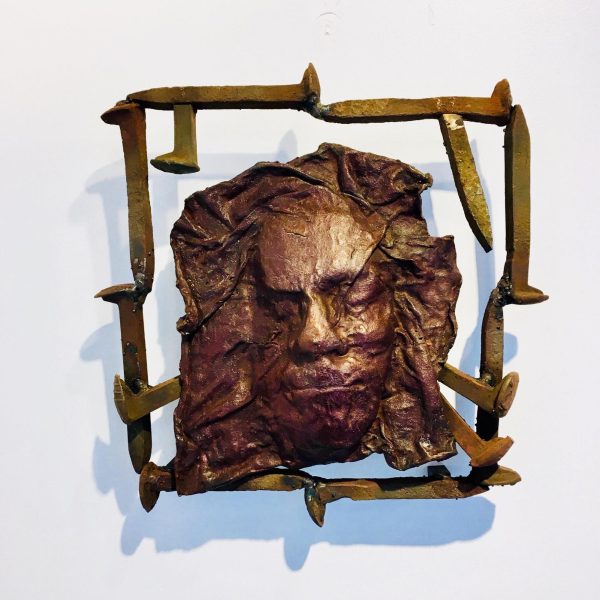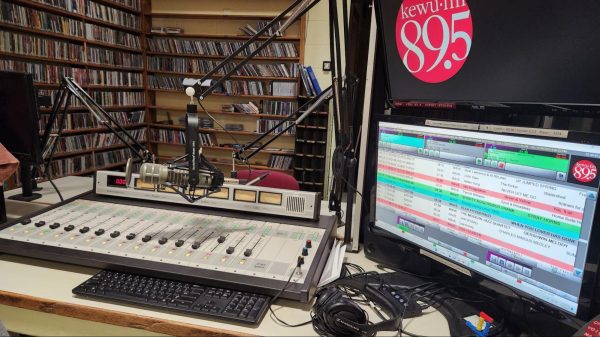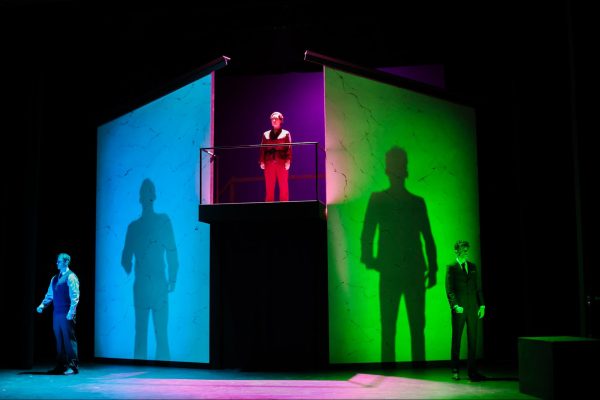As universities make budget changes following the pandemic, liberal arts and humanities programs take the heat
The school manages their finances through budgeting, similar to how students manage their finances.
July 1, 2022
Universities across the country have been forced to eliminate a variety of programs as a result of the financial strife brought on by the COVID-19 pandemic, but across the board, one group of programs has been affected more than others.
With misinformation and conspiracy theories taking a large stance in our social media feeds and day-to-day lives, the ability to consume media in an educated and analytical way is becoming more of a necessity for many.
As colleges defund their journalism, humanities and liberal arts programs, all of which foster and develop critical thinking skills among students, concerns are rising about the future consequences of these decisions.
These programs have been subject to defunding for some time, but this issue became more pronounced due to financial struggles that universities faced due to the pandemic. According to CNBC, this has been an issue affecting universities for years prior to the pandemic due to a decline in state funding of universities, but that the pandemic has exacerbated these financial issues and resulted in major budget cuts.
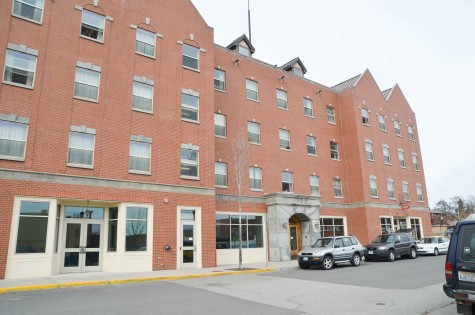
The article listed universities in states like Ohio and Alaska that made large budget cuts during the COVID-19 pandemic, some of which eliminated majors in liberal arts and humanities in favor of STEM programs and athletics.
One example of this occurred at Iowa State University, where the administration announced budget cuts of $15 million by 2026 in their College of Liberal Arts and Sciences. According to The Gazette, these cuts disproportionately affected programs like history, which saw cuts of over $950,000, compared to computer science, which only saw cuts of around $68,000.
Many of the budget cuts being seen at universities were the result of low enrollment numbers among certain programs, and while the problem affected degree programs in every discipline, it predominantly affected humanities and liberal arts programs. That was the case at Eastern Washington University when the university finalized their budget changes for the 2021-2022 and 2022-2023 school years. The reasoning for cutting almost all of these programs had to do with the low enrollment numbers that they had seen.
And while EWU did discontinue, as well as consolidate, STEM programs as well as liberal arts and humanities programs, the majority of discontinued programs was in the latter category.
“It’s sort of leading to the impression that an… undergraduate degree in liberal arts is not a very valuable commodity because it doesn’t really consist of, let’s say, a marketable skill set where you can go and start working for Google or start working for IBM right out of college,” said
Anthony Lopez, a professor at Washington State University’s School of Politics, Philosophy, and Public Affairs.
“With the humanities, you tend to have diversity and critical thinking,” -Michael Zukosky, Department chair of EWU’s Department of History, Anthropology, Modern Languages and Literatures
While liberal arts and humanities programs may not always be the most profitable options for students right out of college, they provide students with many valuable skills that can help them navigate the world.
“Those are programs that help us understand who we are in the world, and help us understand nuance and difference,” said Eastern Washington University’s Elizabeth Rognes, a lecturer in the English and Philosophy department. “There’s just so much that we do in higher education that I think is… so vital for helping people understand the information they’re reading, understand who they are, and also understand who we are as humans connected to each other.”
Liberal arts and humanities programs also help foster critical thinking skills among students and provide them with the ability to create an impact in society, according to Joan Braune, a philosophy professor at Gonzaga University, but currently it seems that universities aren’t all viewing these programs in that way.
“I think some of the thinking is, ‘Well, you don’t need that for a job,’” she said. “And that’s really dangerous because we don’t educate people just to be good employees; we educate people for citizenship and for participation in society.”
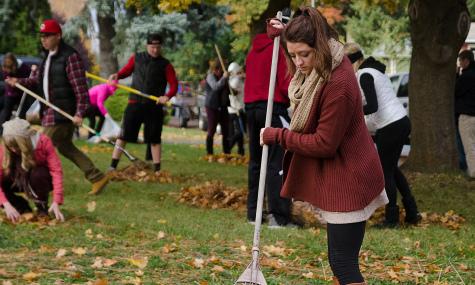
Getting rid of these programs or limiting the funding that goes into them not only limits the perspectives that students are exposed to during their time at universities, but it limits their ability to be informed citizens in their communities and society, said Michael Zukosky, the department chair of EWU’s Department of History, Anthropology, Modern Languages and Literatures.
“Students today are going to have much less access to a broad range of ideas,” he said. “With the humanities, you tend to have diversity and critical thinking… at the heart of that. It’s not so emphasized over in the STEM fields that are just growing exponentially.”
And at universities that are located in rural communities, like Eastern Washington University, Rognes thinks that getting rid of these programs could be a disservice to those students, especially when those students’ first exposure to different ideas and ways of thinking come from humanities and liberal arts classes offered at universities.
And some of these classes focus on telling the stories of people in marginalized communities, so if humanities and liberal arts programs are facing funding issues, these classes could get cut as well or become less available to students, said Rognes.
“And I don’t think that marginalized voices… should be electives,” she said. “I think that we need to include diverse voices in our curriculum across the board.”
And with recent trends in misinformation becoming more widespread on social media, some are concerned about the consequences that could arise from not offering these programs that help promote critical thinking and media literacy.

“It’s always a bad time to get rid of the humanities, but it’s a really bad time when we’re facing this rising fascist movement in this country, when democracy is crumbling, when we had an attack on the Capitol,” said Braune.
While these programs can help students avoid falling prey to that type of misinformation and extremism, Braune said that humanities and liberal arts programs aren’t the only solution to the problem.
“People who join conspiracy theories and really devote their lives to something like Q’Anon or something, it’s not just that they’re bad at figuring out what the right facts are,” she said. “The ideology that they adopt is giving them a sense of meaning and purpose. It’s giving them a new family, a new community; it’s doing a lot for them emotionally. So there have to be ways to address that. And campuses could think about this more, and how to build community, how to help people find meaning in ways that are healthy, and humanities can be helpful for that for sure.”
In order to save liberal arts and humanities programs, Lopez believes there will have to be some changes to the programs as a whole.
“Universities need to survive; they have to pay their own bills. And I think, in a systemic sense, it sends a message to, to the university system generally that there are a lot of programs that are suffering from low enrollment and if we don’t want to suffer the same fate, then we have to think creatively about how to redesign our programs to thrive in this new environment,” he said. “So I’m not pessimistic that we’re going to lose liberal arts in higher education, but I’m pretty sure we’re gonna see liberal arts transformed in a pretty significant way.”




